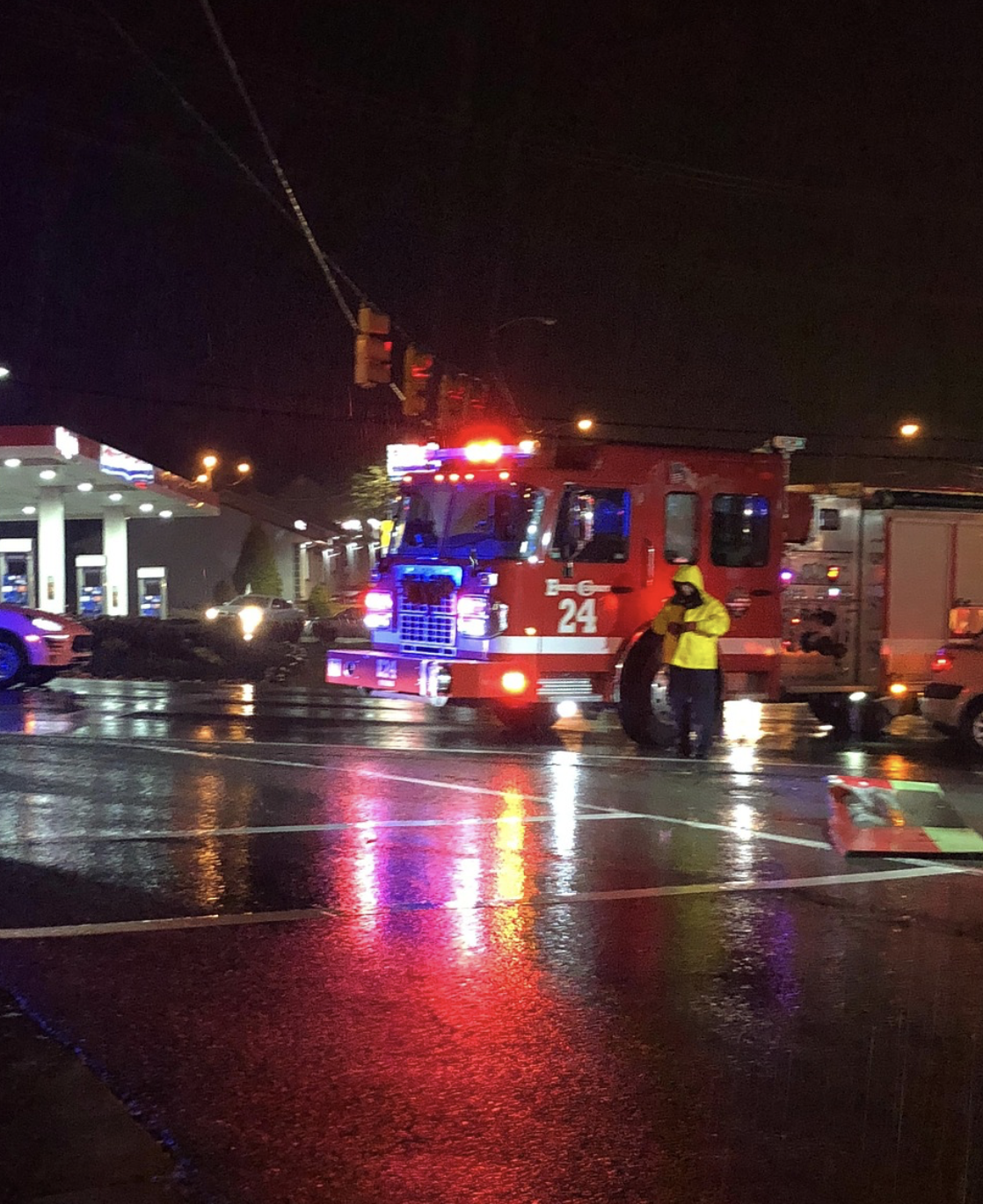TBI & Post-Traumatic Stress disorder
First think, it’s not a disorder, it’s a normal bodily response to stress brought on by loss of:
Safety
Predictability
Control
PTS can initiate from either, or both, internal and external factors.
Think of this analogy: neurons are like the building blocks of the brain, concussion/TBI is like an earthquake. It can damage parts of the brain far from its epicenter (concussive impact), often memory, decision and focus.
TBI is a diffuse injury, it’s complex and difficult to treat; no two TBIs are the same.
“Mild” concussions: 80% although achieve complete recovery within six months, the adjective mild has no bearing on an individual’s subsequent effects. Mild concussions can cause life-long challenges.
Co-morbidity of TBI and PTS is common (25-45% co-diagnosis) with 636,000 possible combinations of symptoms.
TBI & PTS together make treatment more difficult, bringing a sense of disempowerment, irritability, slower cognition, and sleep difficulties.
Resilience is more effectively moving through adversity. Plasticity and neurogenesis enable brain healing if conditions are right.
The brain’s goal is to achieve, or regain, that sense of predictability and control.

